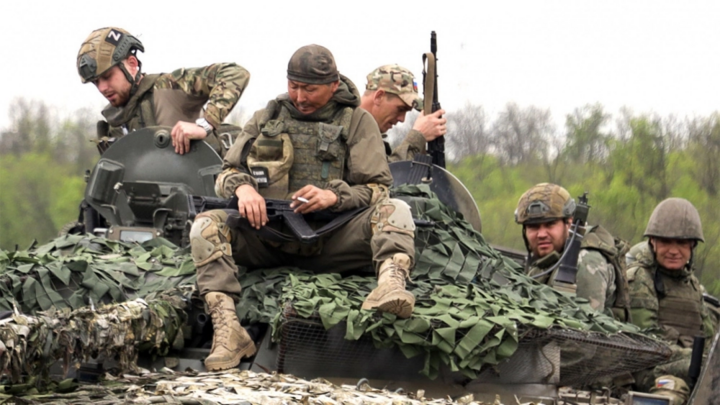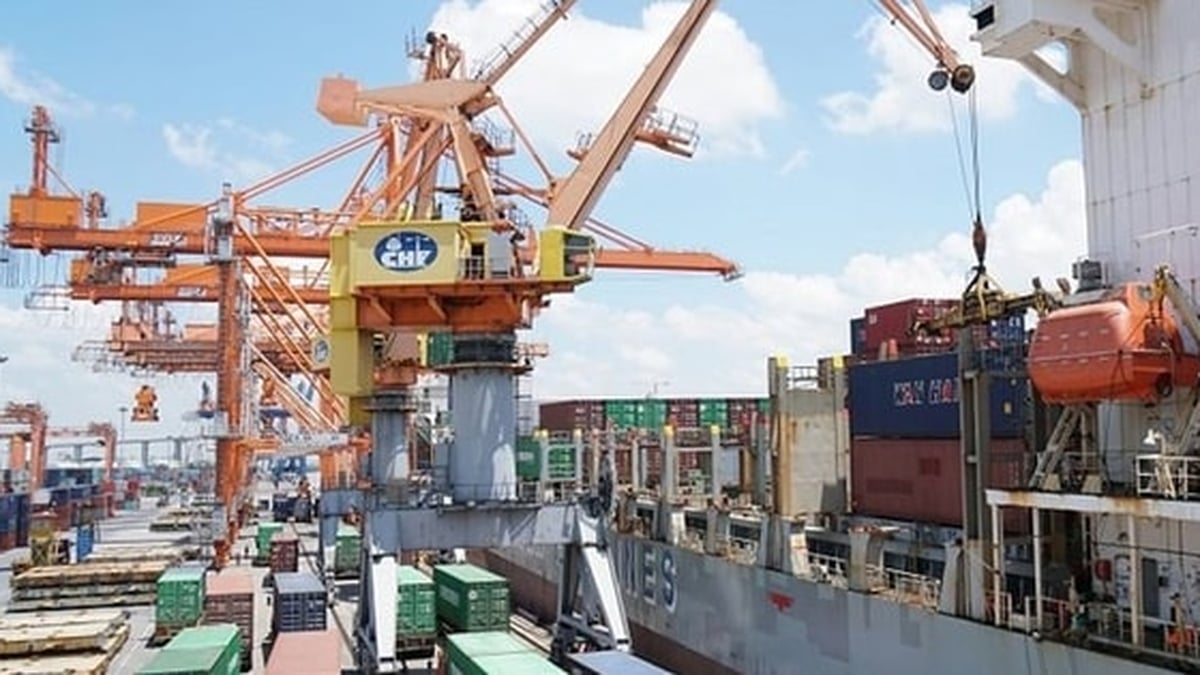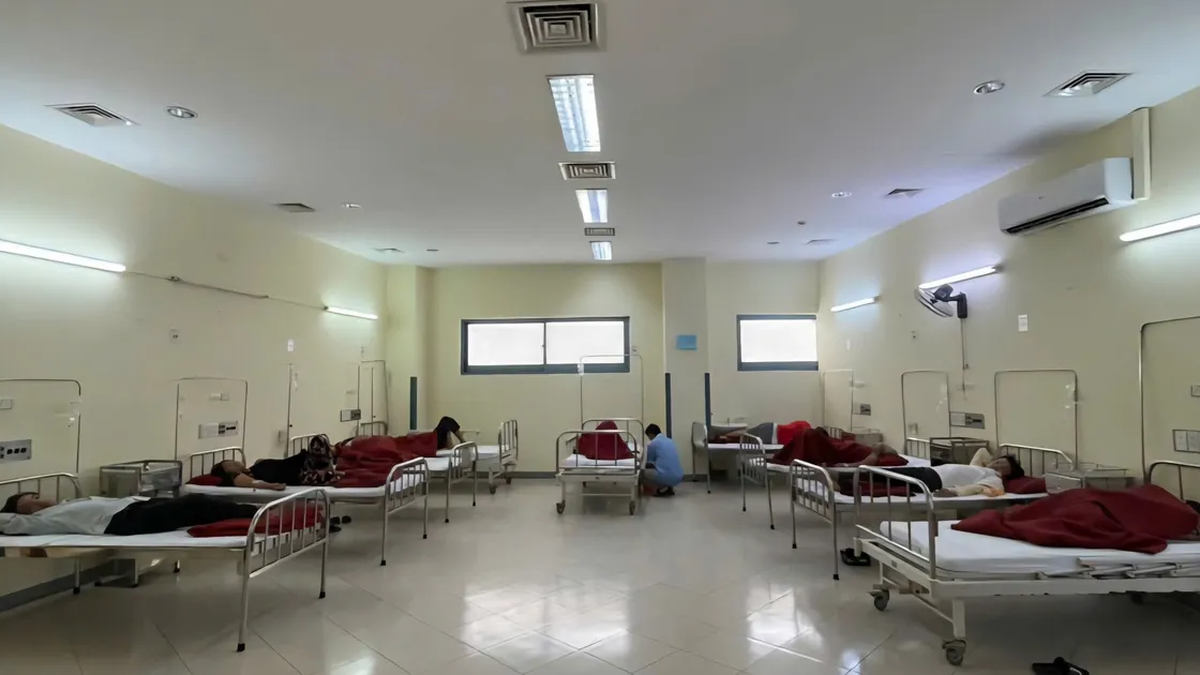The British philosopher Bertrand Russell once famously said: “War does not decide who is right or wrong, but only who is left behind.” This saying can be a lens to predict what might happen to Ukraine in 2024 when its army is digging in and entrenching itself along a nearly 1,000km long front.

Russian soldiers on BMP-3 infantry fighting vehicles. (Photo: TASS)
Beyond the fortified trenches, the smoldering remains of a months-long summer offensive that failed to achieve the desired results, aimed at dislodging Russia from 20 percent of the territory it holds. Now, Ukrainian soldiers are showing signs of fatigue from the prolonged fighting, while support from Western partners is fading. The united front of the United States and Europe in support of Ukraine is beginning to crack, and the political consensus in Kiev is fraying. There is no denying that the conflict is entering a more dangerous phase for Kiev.
Large-scale attacks unlikely to continue
Matthew Schmidt, Associate Professor of National Security at the University of New Haven, Connecticut, USA, said that Ukraine's ability to conduct large-scale offensive operations "has ended" , but "the leadership in Kiev does not seem to accept this fact".
Ukrainian President Zelensky has tied the future of his country and his own political future to the goal of forcing Russia to withdraw its troops from Ukrainian territories, including Crimea. Meanwhile, General Valeriy Zaluzhnyi, Commander-in-Chief of the Ukrainian Armed Forces, has given a frank assessment of the battlefield conditions, saying the war is at a stalemate – in contrast to Mr Zelensky’s optimistic and steadfast statements.
“Ukraine cannot continue to fight the war the way it is. Without a new US aid package, Kiev’s resources could run out as early as March 2024,” analyst Matthew Schmidt stressed.
Russia, on the other hand, is preparing for a war of attrition, anticipating that the West’s unwavering support for Ukraine will erode if the conflict drags on. The far right in the United States and Canada believes that continued economic and military support for Kiev is a waste of money and resources.
On December 19, Democratic and Republican leaders in the US Senate said that Washington will not be able to approve new aid to Ukraine before the end of the year as the two sides continue to seek compromise on border security - a long-standing contentious issue.
Ukraine faces risk of defeat in the East
Russia has launched a major offensive to seize control of the eastern Ukrainian town of Avdiivka, with tens of thousands of troops. As of December 21, Moscow had advanced to within 2km of the town. Karber said holding the outpost was crucial for Ukraine. “If Kiev is pushed out of its current position, Avdiivka will fall very soon. The terrain in the area is quite flat. If Russia can get past Avdiivka, it will open the way to the Dnipro River to the west and north.”
If Russia does manage to make a major breakthrough in 2024, it would likely happen in late spring or early summer, as it rebuilds forces weakened by months of fighting, analyst Karber noted.
However, Russia’s efforts could be thwarted as Kiev moves to the defensive along its frontline and makes every effort to improve its fortifications. In addition, Ukraine could use long-range missiles, drones and special forces to attack the Crimean Peninsula, the Kerch Strait and the Black Sea, to prevent Russia from resupplying and regrouping.
“Ukraine’s hope now is to have more long-range ATACMS missiles to choke off Russian logistics,” Karber stressed. In addition, Ukraine also needs more ATACMS and large quantities of ammunition, especially NATO-standard 155mm artillery shells.
Will Ukraine seek a ceasefire?
Considering the developments in the conflict over the past six months, analysts Karber and Schmidt both said that it is likely that Ukraine will have to seek some form of ceasefire or negotiated solution in the coming year. Explaining this, analysts said that the fierce fighting has caused Ukraine serious losses in terms of troops and materials. What is more worrying is that Kiev is facing many difficulties in recruiting soldiers.
In a public statement, Gen. Zaluzhny acknowledged that training and recruiting troops were becoming a serious challenge. “The prolonged war, limited opportunities for rotation of troops on the front lines, and loopholes in the law have significantly reduced the motivation of civilians to serve in the army.” According to Mr. Karber, there are many important battles to watch in the coming months, notably the battle for Avdiivka in Donetsk, eastern Ukraine.
Hong Anh/VOV.VN (Synthesis)
Source






























![[Photo] National Assembly Chairman Tran Thanh Man visits Vietnamese Heroic Mother Ta Thi Tran](https://vphoto.vietnam.vn/thumb/1200x675/vietnam/resource/IMAGE/2025/7/20/765c0bd057dd44ad83ab89fe0255b783)




































































Comment (0)